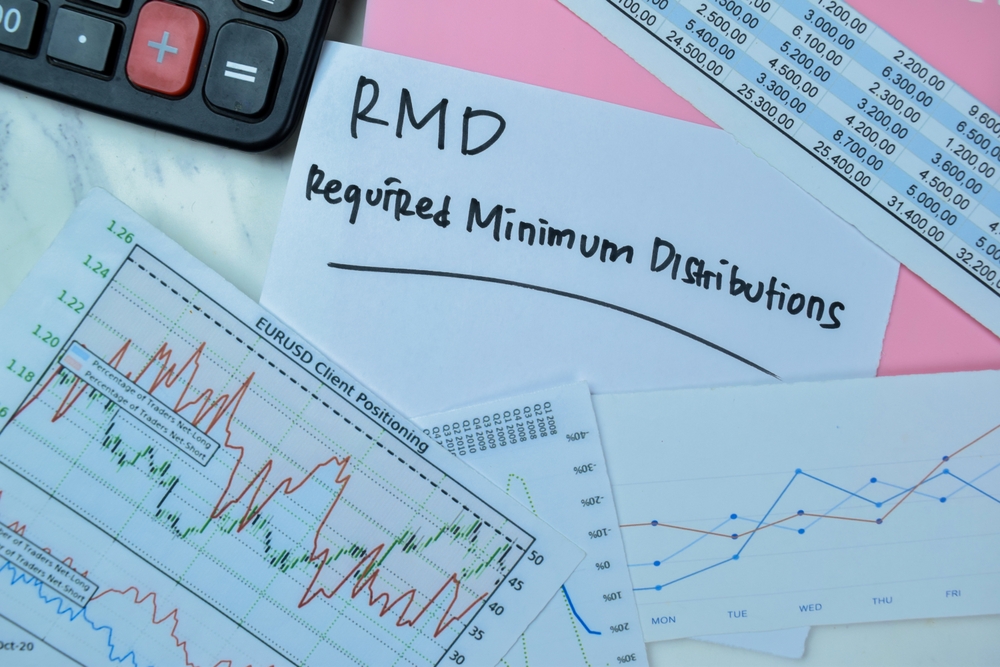
Tax‑deferred retirement accounts like traditional IRAs and 401(k)s allow contributions to grow without immediate taxation. But the IRS eventually requires withdrawals to ensure taxes are paid. These withdrawals, called Required Minimum Distributions (RMDs), begin at age 73 for those born between 1951 and 1959. Seniors must withdraw a calculated minimum amount each year, based on account balances and life expectancy tables. The deadline is December 31, except for the first RMD, which can be delayed until April 1 of the following year.
The Steep Penalty for Missing the Deadline
Failing to take an RMD triggers one of the harshest penalties in the tax code. Seniors who miss the deadline face an excise tax equal to 25% of the amount not withdrawn. For example, if your RMD is $20,000 and you fail to withdraw it, the penalty is $5,000. While the IRS allows penalty reductions if corrected quickly, the financial hit can still be devastating. Acting before December 31 helps you avoid unnecessary losses.
Why Acting in November Is Smart
Experts recommend taking RMDs in November rather than waiting until the last days of December. The holiday season often brings distractions, travel, and family commitments. Delaying increases the risk of missing the deadline amid year‑end chaos. Taking RMDs early also allows seniors to plan for tax impacts, reinvest funds, or make charitable contributions. November provides breathing room to avoid costly mistakes.
Qualified Charitable Distributions (QCDs)
Seniors who don’t need their RMD cash can make a Qualified Charitable Distribution (QCD). This allows retirees to donate directly to a charity from their IRA, satisfying the RMD requirement while avoiding taxable income. QCDs are especially valuable for seniors who want to support causes while reducing tax burdens. With the December 31 deadline approaching, QCDs are a smart option for retirees seeking both generosity and financial efficiency.
Tax Planning Opportunities
Taking RMDs early provides opportunities to manage taxes strategically. Seniors can move withdrawn funds into high‑yield savings accounts or CDs, locking in returns while meeting IRS requirements. Planning ahead also helps retirees avoid being pushed into higher tax brackets unexpectedly. By coordinating RMDs with other income sources, seniors can minimize tax liabilities and preserve more of their retirement savings.
Many retirees overlook RMDs because they assume financial advisors or custodians will handle them automatically. Others delay due to confusion about rules or calculations. Seniors juggling holiday responsibilities may simply forget. Unfortunately, the IRS does not accept excuses. Awareness and proactive action are the only ways to avoid penalties.
Coordinating RMDs With Other Retirement Goals
Seniors should also view RMDs as part of a larger retirement strategy rather than just a tax obligation. Withdrawals can be timed to cover annual expenses, fund holiday gifts, or rebalance investment portfolios. Some retirees use RMDs to top up emergency savings or pay down lingering debts. Coordinating distributions with broader financial goals ensures the money serves a purpose beyond compliance. By treating RMDs as a planning tool, seniors transform a mandatory withdrawal into an opportunity for financial stability.
Avoiding Last Minute Stress
The RMD deadline is not flexible—December 31, 2025, is the cutoff for most seniors. Acting now ensures compliance, avoids penalties, and opens opportunities for tax planning. Seniors should contact financial advisors, custodians, or charities to finalize distributions before the holiday rush. Retirement should be about peace of mind, not last‑minute financial stress. By acting early, seniors protect both their savings and their independence.
Have you already scheduled your RMD withdrawal for this year? Sharing your approach could help other retirees avoid costly mistakes.
You May Also Like…
- 8 RMD Missteps That Turn Retirement Accounts Into Penalty Magnets
- Did The Treasury Department Just Change Rules on Your IRA?
- Protect Your Assets: A Do-It-Yourself Guide to Dodging Quiet Tax Hikes
- The Retirement Plan Option Financial Advisors Rarely Recommend
- The Retirement Account Error That Can Shrink Your Payout Overnight

Teri Monroe started her career in communications working for local government and nonprofits. Today, she is a freelance finance and lifestyle writer and small business owner. In her spare time, she loves golfing with her husband, taking her dog Milo on long walks, and playing pickleball with friends.






Comments